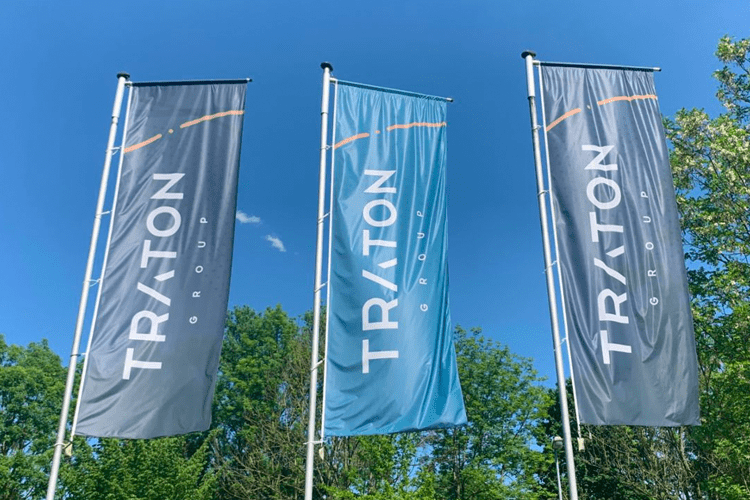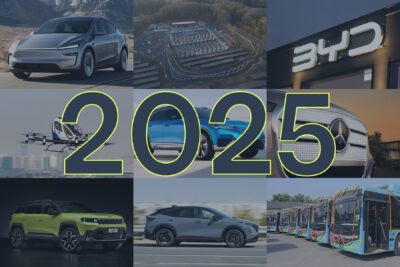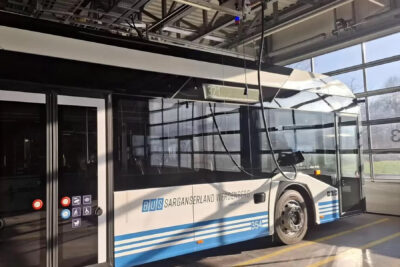Traton increases research & development investment
The Traton Group has increased its investment in research and development for electromobility. The company now plans to spend 2.6 billion euros on this by 2026, compared with 1.6 billion euros previously planned by 2025. At the same time, Traton is scaling back its investments in combustion engines.
The Traton Group wants its brands to play a leading role in sustainable transport. “Together with its brands, the TRATON GROUP will assume a leading role in sustainable transportation. This is why we have consistently aligned our planning for the next five years to focus on battery electric drives,” says CEO Christian Levin. This is “clearly the greenest, fastest, and most affordable solution for our customers, even for long-haul transportation, although hydrogen may prove to be a useful addition in certain niches.” To this end, the previous investment plans have now been increased by one billion euros until 2026.
Although the company is focusing on pure battery-electric solutions, it does not completely rule out hydrogen as another alternative form of propulsion. Hydrogen could be a useful addition in certain niches, Levin adds.
Nevertheless, purely battery-electric trucks have a clear advantage over hydrogen trucks, Traton emphasizes. That’s because three-quarters of the output energy there goes into propulsion, whereas with hydrogen, only one-quarter remains for propulsion. “This is why our priority is investing in fully battery electric vehicles (BEVs),” Levin says.
Even the load on the power grids is moderate, he said, “since trucks charge mainly at times of high supply or low demand.” Accordingly, the development of the urgently needed infrastructure should be focused, Levin continues. In his eyes, the development of the fast-charging network for passenger cars offers a unique opportunity for synergies.
According to the CEO, Traton is aiming for a 50 per cent share of zero-emission trucks in long-distance transport by 2030 – “provided the appropriate regulatory mechanisms and infrastructure are in place.” The Traton Group wants to work together with Daimler Truck and the Volvo Group on the development of a public charging network for battery-electric heavy trucks and long-distance buses in a joint venture for which a binding agreement has already been signed by all partners at the end of 2021 and which is now only subject to approval by the antitrust authorities. Within five years of the joint venture’s establishment, at least 1,700 high-performance green power charging points are to be created across Europe.
The Traton Group sees an analysis by the Fraunhofer Institute as confirming its strategy of focusing on battery-electric drives. According to the study, electric drive systems will also prevail in the heavy-duty sector and fuel cells will remain a niche application. Read more here.





0 Comments